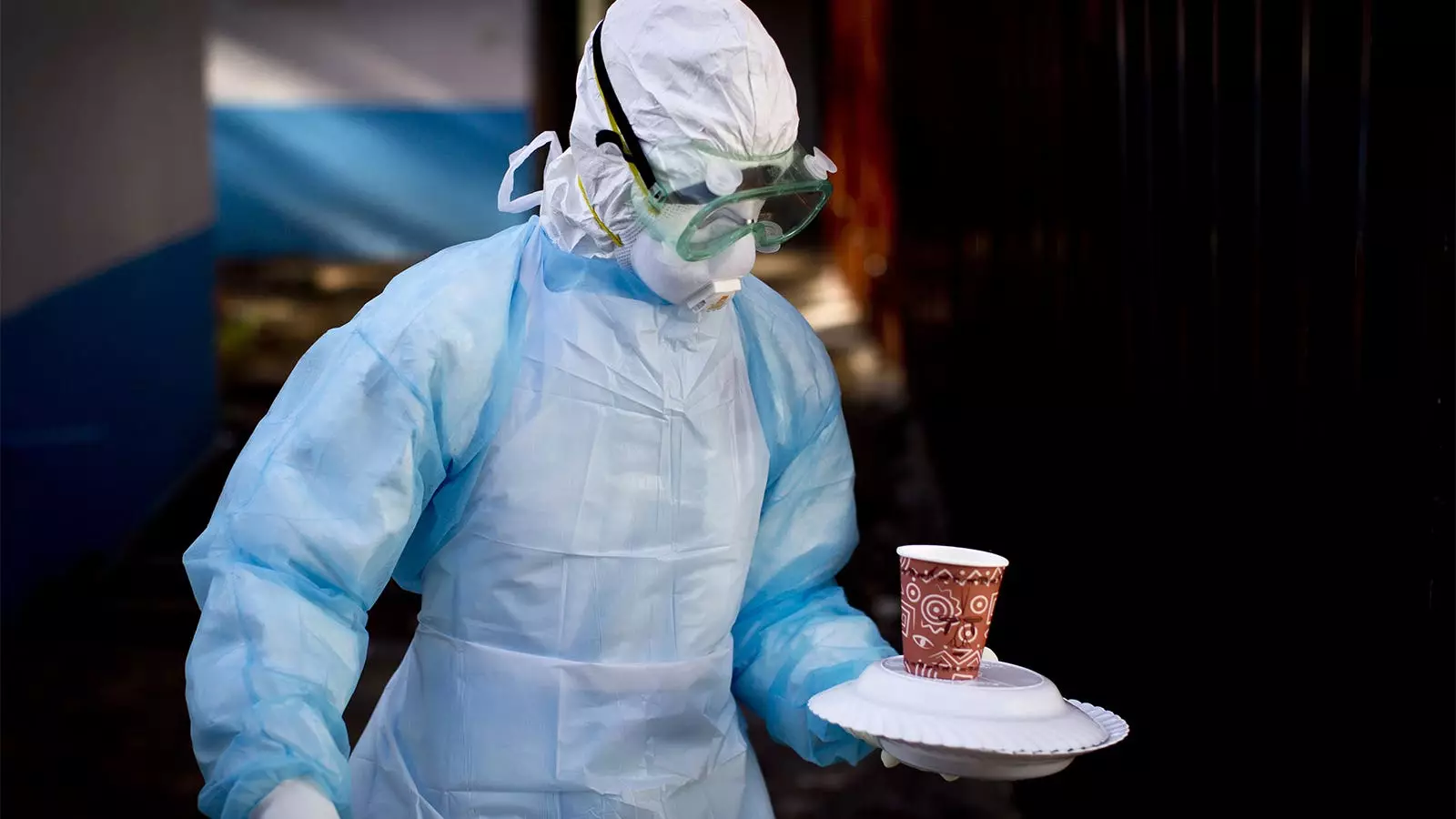In a startling announcement, Rwanda confirmed that it is grappling with an outbreak of the Marburg virus, a virulent pathogen known for its high mortality rates. As of the latest reports, the country has documented eight fatalities linked to this often-fatal illness, which bears similarities to Ebola. The Marburg virus, thought to be transmitted through fruit bats, spreads among individuals via direct contact with infected bodily fluids or contaminated materials like bed linens. Without any authorized vaccines or effective treatments, the disease poses a significant public health risk. Reports indicate that nearly 88% of infected individuals can succumb to the disease if treatment is not administered promptly and effectively.
Rwanda’s Health Minister, Sabin Nsanzimana, announced that the outbreak was declared just days ago, with the initial cluster of deaths reported shortly afterward. Up to now, 26 cases have been confirmed, raising alarms about the potential for broader transmission. Rwanda’s landscape, characterized by its crowded urban centers and close-knit communities, could exacerbate the virus’s spread. In response, the government is intensifying its contact tracing efforts, isolating individuals who have been in contact with confirmed cases, and urging the public to minimize physical contact. These measures are critical for breaking the chain of transmission.
The U.S. Centers for Disease Control and Prevention (CDC) and the World Health Organization (WHO) are both stepping in to assist Rwanda in managing this health crisis. The CDC has reaffirmed that no cases have been reported in the United States at this time and assessed the risk to Americans as minimal. Their commitment extends beyond mere surveillance; they are deploying experts to assist Rwanda in contact tracing, laboratory testing, and infection prevention measures. WHO, under the direction of Dr. Tedros Adhanom Ghebreyesus, has also pledged to enhance support for Rwandan authorities in curtailing the outbreak.
In light of the outbreak, health authorities are mobilizing resources to put preventive measures into action. With 300 individuals identified as having had direct contact with cases, the establishment of isolation facilities has become a priority. Healthcare workers, who are often at the frontline during such crises, are particularly vulnerable, as the outbreak has affected personnel across six of Rwanda’s thirty districts. It underscores the importance of ensuring that healthcare facilities are equipped with proper protective gear and protocols to mitigate the risk of transmission among medical staff.
The presence of the Marburg virus not only challenges Rwanda’s immediate healthcare apparatus but also has broader implications for public health across Central Africa and beyond. The historical context of previous outbreaks in countries like Angola and Uganda showcases the potential for regional spread, emphasizing that neighboring countries should remain vigilant. Public health education becomes paramount, especially in communities that may lack awareness about the virus’s transmission pathways and symptoms.
As Rwanda grapples with the Marburg outbreak, it is also confronting a separate health challenge: the Mpox (formerly known as monkeypox) outbreak. With six reported cases thus far, Rwanda has initiated a vaccination campaign against Mpox, reflecting the interconnected nature of global health concerns. This situation highlights the complexity of managing multiple infectious disease threats simultaneously, prompting calls for a coordinated, multifaceted public health response.
As Rwanda navigates this formidable public health crisis, it underscores the necessity for global solidarity and readiness. The interplay of local healthcare responsiveness and international support will be crucial in combating the Marburg virus. With the collaborative efforts of health organizations, the Rwandan government, and the international community, there is hope that the spread can be controlled and that lessons learned will inform future preventative measures against such outbreaks.



Leave a Reply